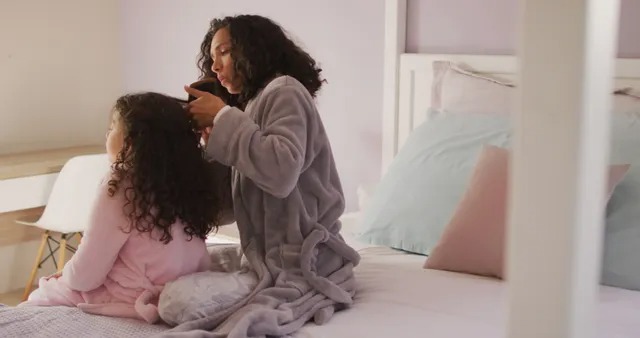Whether you’re interested in playing football professionally or not, joining a local league is a fantastic way to see to it you train regularly and, importantly, play regularly. Besides, it’s all well and good being able to pull off the right moves in the comfort of your own back garden, but it’s very different having the ability to put it into practice on the pitch, when playing against another team. Also, collaboration and communication are a considerable part of the game. Joining a local team will mean you have team mates you must deal with to win the match. Being a team player and helping to keep up morale are all important skills for a footballer.
Playing football isn’t almost the practical aspects of the game, it’s about strategy and tactics, too. It’s crucial that you live and breathe the game if you want to improve, which means reading about football, watching football, speaking to fellow players and discussing strategy. You can then take what you learn and apply it on the pitch– knowing how and when to outwit your competitors is a vital part of the game and something you’ll be admired for if you can master it.
For a young player beginning, it’s essential that you get excellent quality, professional coaching immediately. The difference between a good coach can make a huge difference for a young player trying to learn the game. Find a coach who’s well qualified and who wants to support your development as a player. But most importantly, find a coach who makes it enjoyable to play. All of us play football because we love it. It brings us excitement, enjoyment. Nothing will ruin that joy quicker than a terrible coach. Don’t choose the first team you find. If you’re not convinced that the team or coach is right for you, then continue looking.
You’ve probably heard it numerous times before, but the very best way to improve at anything is practice, practice and more practice. To improve your skills, you need to train regularly. This doesn’t necessarily mean joining a club, although it can be beneficial to train with a club, but could just mean practicing your technique on your own in your garden or getting together with some friends down the local park. The main consideration when training is to be disciplined, play to your best ability, identify where your weaknesses are and then work with improving them.
Most professional footballer players trained tirelessly from a young age to become a professional, but there’s nothing stopping you improving your skills at a later stage. The key to improving at football is passion, so if you love the game and actively wish to improve your skills or are planning on attending a football trail day, you can follow these tips to get better and push yourself to the next level.
Football keeps you active, but it’s not the only exercise you should be doing. When playing football, you need to stay active for 45 minutes at once, which takes some strength. Not to mention, you need good leg strength when kicking the ball, whether passing or taking a shot at a goal. Come down the gym, or create a home gym, and go on top of your squats and lunges. Cycling is also fantastic exercise, so consider passing by bike when you can.
You could be the best player on the pitch technically, but if you do not have the fitness to back it up, your performance will suffer. In many games, the team with the most effective ability doesn’t always come out on top. ทีเด็ดสเต็ป2 ‘s often the harder working team that triumphs. Try to stay active throughout the week, improving both your anaerobic and physical fitness. The video above is a great example of a football specific workout that will get you ready for the pitch. While fitness is very important, please do not prioritise it over your technical practice. For younger players, if you have the choice between an hour of fitness and an hour of practice with the ball – choose the ball each time. Your fitness will improve the more you play, but your dribbling, first touch and control won’t improve the more fitness you do. To improve at football, prioritise the ball.
Subscribe to Updates
Get the latest creative news from FooBar about art, design and business.
